New material pulls double-duty as shade and perovskite solar cell
By
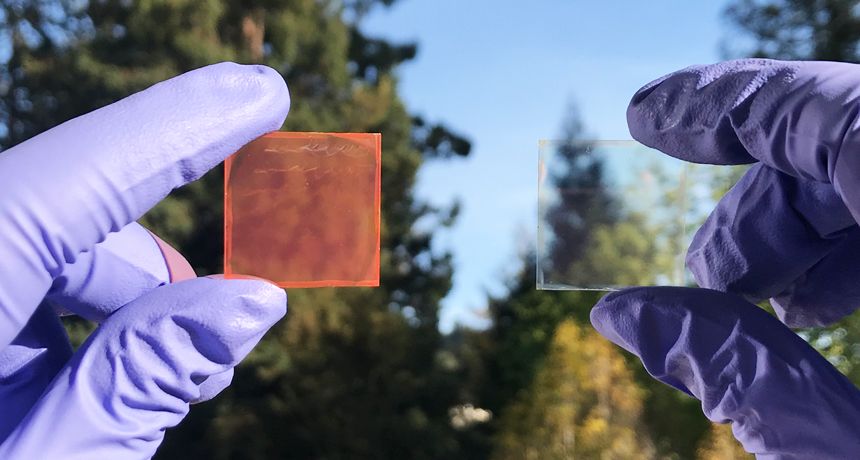
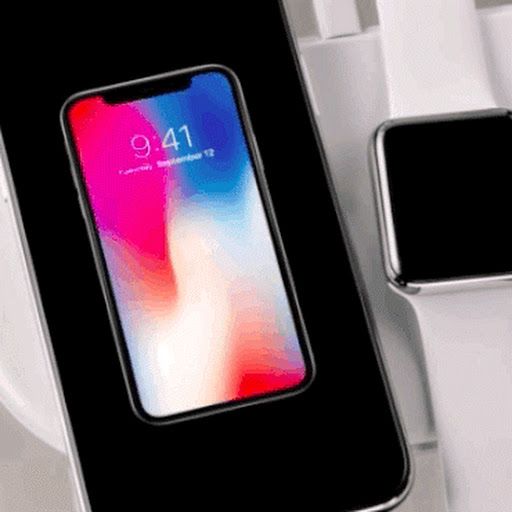
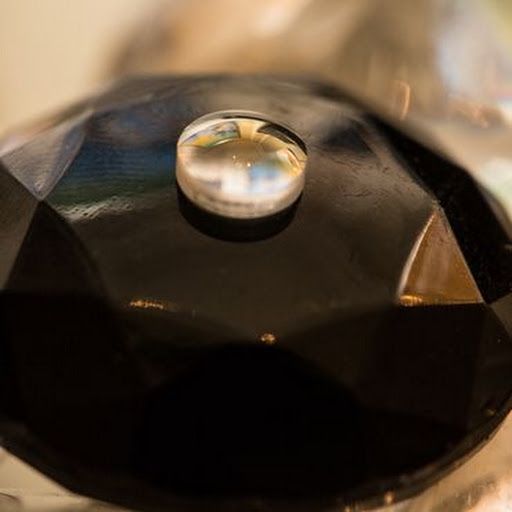

Will the benefits of making data more widely available outweigh such risks? The signs are that they will. Plenty of countries are now opening up their medical records, but few have gone as far as Sweden. It aims to give all its citizens electronic access to their medical records by 2020; over a third of Swedes have already set up accounts. Studies show that patients with such access have a better understanding of their illnesses, and that their treatment is more successful. Trials in America and Canada have produced not just happier patients but lower costs, as clinicians fielded fewer inquiries. That should be no surprise. No one has a greater interest in your health than you do. Trust in Doctor You.
NO WONDER they are called “patients”. When people enter the health-care systems of rich countries today, they know what they will get: prodding doctors, endless tests, baffling jargon, rising costs and, above all, long waits. Some stoicism will always be needed, because health care is complex and diligence matters. But frustration is boiling over. This week three of the biggest names in American business—Amazon, Berkshire Hathaway and JPMorgan Chase—announced a new venture to provide better, cheaper health care for their employees. A fundamental problem with today’s system is that patients lack knowledge and control. Access to data can bestow both.
The internet already enables patients to seek online consultations when and where it suits them. You can take over-the-counter tests to analyse your blood, sequence your genome and check on the bacteria in your gut. Yet radical change demands a shift in emphasis, from providers to patients and from doctors to data. That shift is happening. Technologies such as the smartphone allow people to monitor their own health. The possibilities multiply when you add the crucial missing ingredients—access to your own medical records and the ability easily to share information with those you trust. That allows you to reduce inefficiencies in your own treatment and also to provide data to help train medical algorithms. You can enhance your own care and everyone else’s, too.
Upgrade your inbox.
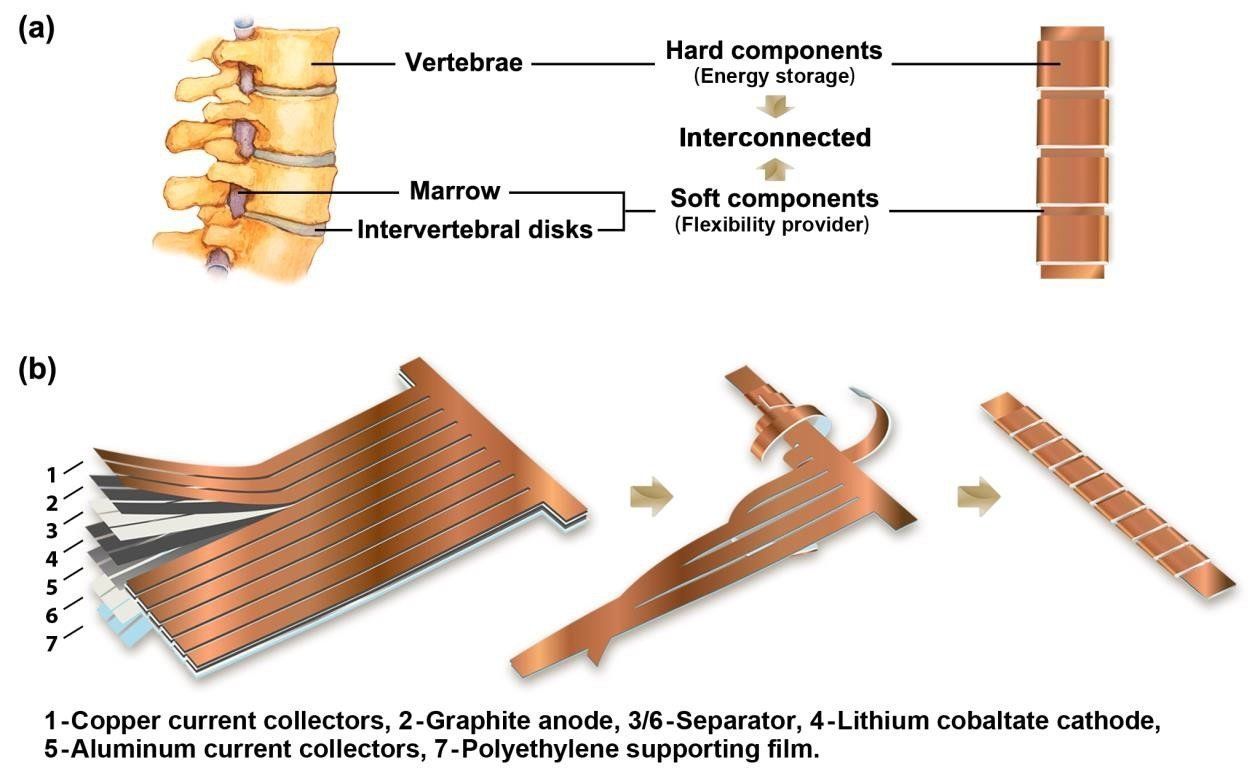
The rapid development of flexible and wearable electronics is giving rise to an exciting range of applications, from smart watches and flexible displays—such as smart phones, tablets, and TV—to smart fabrics, smart glass, transdermal patches, sensors, and more. With this rise, demand has increased for high-performance flexible batteries. Up to now, however, researchers have had difficulty obtaining both good flexibility and high energy density concurrently in lithium-ion batteries.
A team led by Yuan Yang, assistant professor of materials science and engineering in the department of applied physics and mathematics at Columbia Engineering, has developed a prototype that addresses this challenge: a Li-on battery shaped like the human spine that allows remarkable flexibility, high energy density, and stable voltage no matter how it is flexed or twisted. The study is published today in Advanced Materials.
“The energy density of our prototype is one of the highest reported so far,” says Yang. “We’ve developed a simple and scalable approach to fabricate a flexible spine-like lithium ion battery that has excellent electrochemical and mechanical properties. Our design is a very promising candidate as the first-generation, flexible, commercial lithium-ion battery. We are now optimizing the design and improving its performance.”
“Virtually every industry will be impacted by 5G ”.
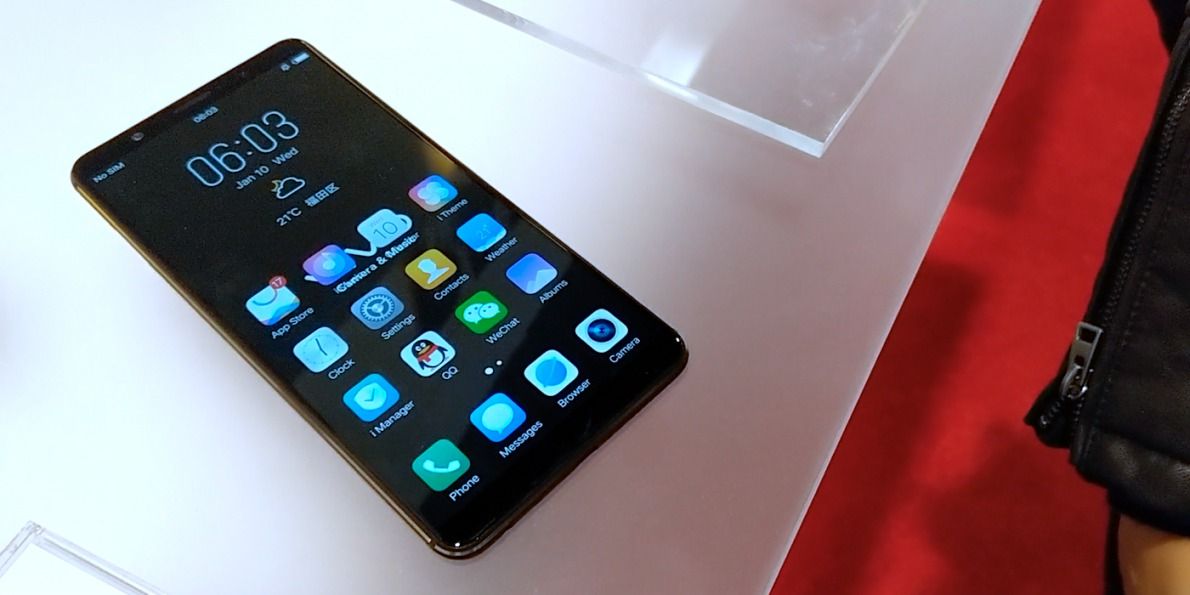

Can’t get enough Google? You’re in luck.
The company, a division of Alphabet Inc., has announced that it will expand its Cloud services to five new regions, and build three new submarine cables to service its capacity needs.
SEE ALSO: Google wants your phone screen to double as a speaker.

Today, at least 45 start-ups are working on chips that can power tasks like speech and self-driving cars, and at least five of them have raised more than $100 million from investors. Venture capitalists invested more than $1.5 billion in chip start-ups last year, nearly doubling the investments made two years ago, according to the research firm CB Insights.
SAN FRANCISCO — For years, tech industry financiers showed little interest in start-up companies that made computer chips.
How on earth could a start-up compete with a goliath like Intel, which made the chips that ran more than 80 percent of the world’s personal computers? Even in the areas where Intel didn’t dominate, like smartphones and gaming devices, there were companies like Qualcomm and Nvidia that could squash an upstart.
But then came the tech industry’s latest big thing — artificial intelligence. A.I., it turned out, works better with new kinds of computer chips. Suddenly, venture capitalists forgot all those forbidding roadblocks to success for a young chip company.

Hawaii ‘ballistic missile threat’ alert to phones was false alarm, officials say.
“Hawaiians were thrown into a panic Saturday morning after an emergency alert was mistakenly sent, warning them to ”seek immediate shelter” from a ballistic missile threat, and it took emergency officials 38 minutes to send a new alert to mobile phones that the threat was a false alarm.
”Hawaii Emergency Management Agency Administrator Vern Miyagi said at a press conference with the governor Saturday afternoon that a single individual sent out the alert by mistake. The individual went so far as to click through a second message, intended as a safeguard, that asked whether the alert should go out.